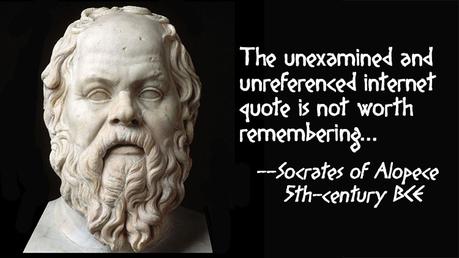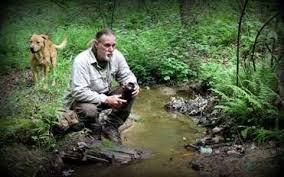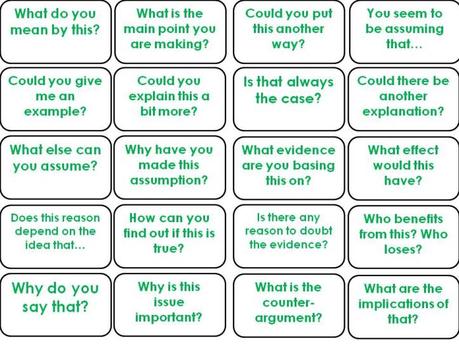Why should we care for Global Warming? For many, this question would have an obvious answer. However, we believe the neglect of this ethical question in climate change policy debates might cause confusion, a lack of action, chaos of ideas, and delay in attempts to mitigate the effects of climate change.
Of course, we could study intensively the different approaches to the ethical question of ¨Why should we bother about climate change?¨ that scholars have identified. But we believe that policymakers and responsible citizens must able to answer that question for themselves.

To profoundly interrogate our intuitive views, opinions, and beliefs, what could we do better than to have a Socratic conversation with ourselves, or perhaps, more revealing, in a study group?
A Socratic Conversation
A Socratic conversation starts with a personal example of something that in one way or another struck you and made you think. Then, formulate a question.

I wake up to falling rocks from a nearby mountain wall. I have run out of water and of food. At the end of the day I found a small flat sanded plateau in the dry mountain stream in this gorge. It must have been centuries ago that here has been a glacier . I have to be careful not to slip off when I sleep. Nothing or no one here would intervene, the stars will not fade, the rocks will not murmur a word of comfort.
I was put on this earth, not by my intention but hopefully in a moment of passion, and if I were only on my own I wouldn’t survive four days. Why then do people always speak lovingly of Mother Earth? On the contrary, Nature, She/He is cruel and totally indifferent to my existence.
Do I owe something to Mother Earth?
The purpose of the Socratic conversation is not to answer the question, but to ask questions in order to achieve better understanding and judgment. For example:

Questions about ¨Do I owe something to Mother Earth?¨
You seem to be assuming that we can live without nature.
Is it always the case that nature is cruel?
What effect does it have if nature is there solely for us to use?
Does this reason mean that nature owes anything to us?
Why have you made the assumption that it is important that nature should care for us?
What if we change the question to “Does Nature owe anything to us?¨
Other questions that came up
During the process, other related questions will come up. But for clarity of the focus of the conversation, and to not forget them, we are parking them here, for the time being. To be picked up later.
Do I owe something to future generations? Do I owe something to earlier generations? Do earlier generations owe something to me? Later generations?
Do I owe something to other individuals and nations?
Do I owe something to more vulnerable species?
Is there a responsibility? To whom or what? What is a fair responsibility to take?
Should individuals and nations who fail to take actions to be liable to others for the harm caused and the climate change impacts are eventually experienced by others?
Can or should I sue companies that play a vital role in the climate change problem?
Is it legal to destroy the Earth?
How do I want to be in the world?
Why not carry on in this way until there is an alternative? Why choose the unknown over the unknown?
Should we worry about greater biodiversity. Why? For what?
Why should we worry about the idea of the Anthropocene – the period during which human activity has been the dominant influence on climate and the environment.
Is it a problem that fragments of plastics domesticated chickens and plutonium will be in the rocks? For who?
Must we bother about human species more than any other are determining the character of rocks?
. . . and so on. . .
